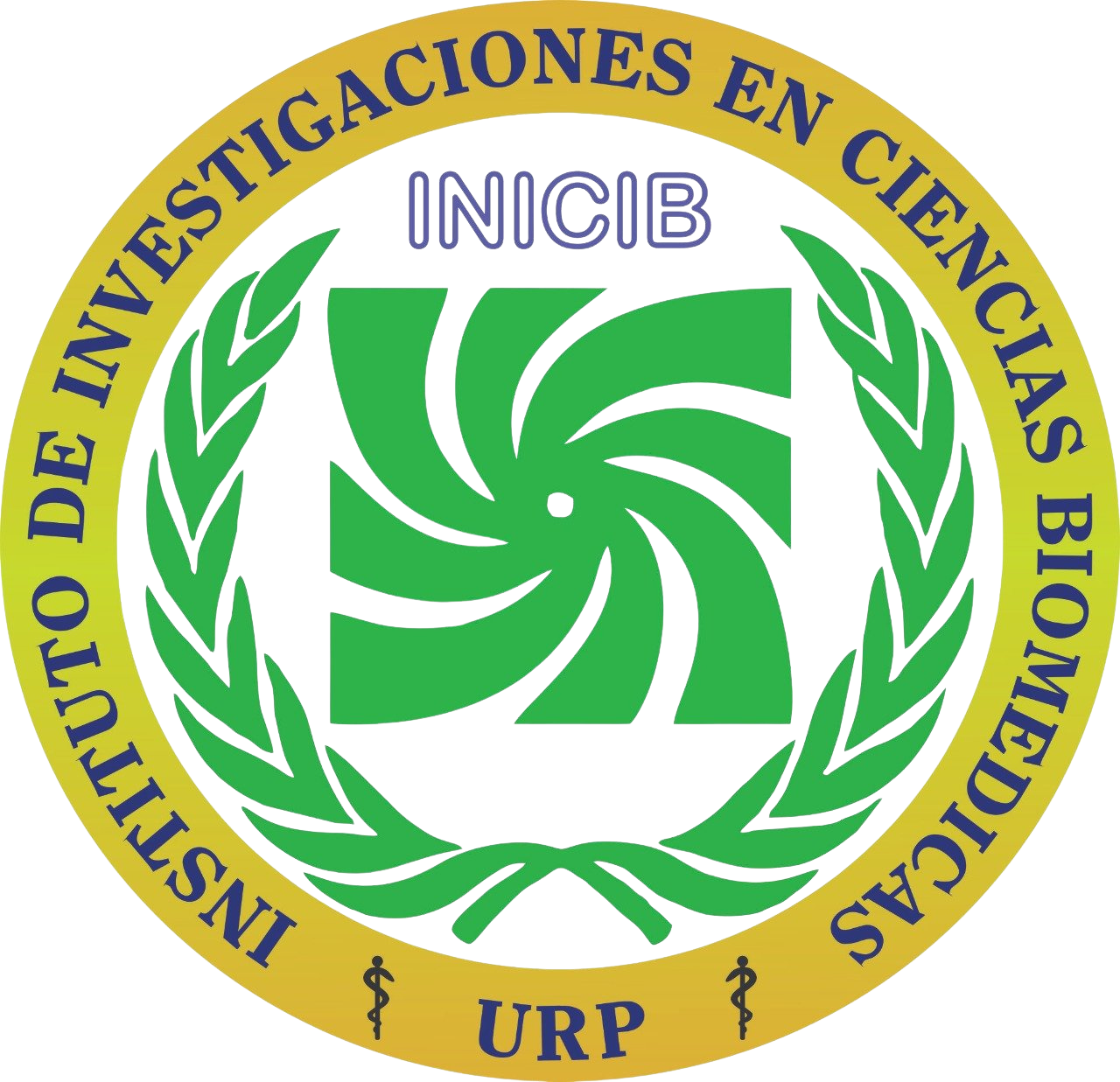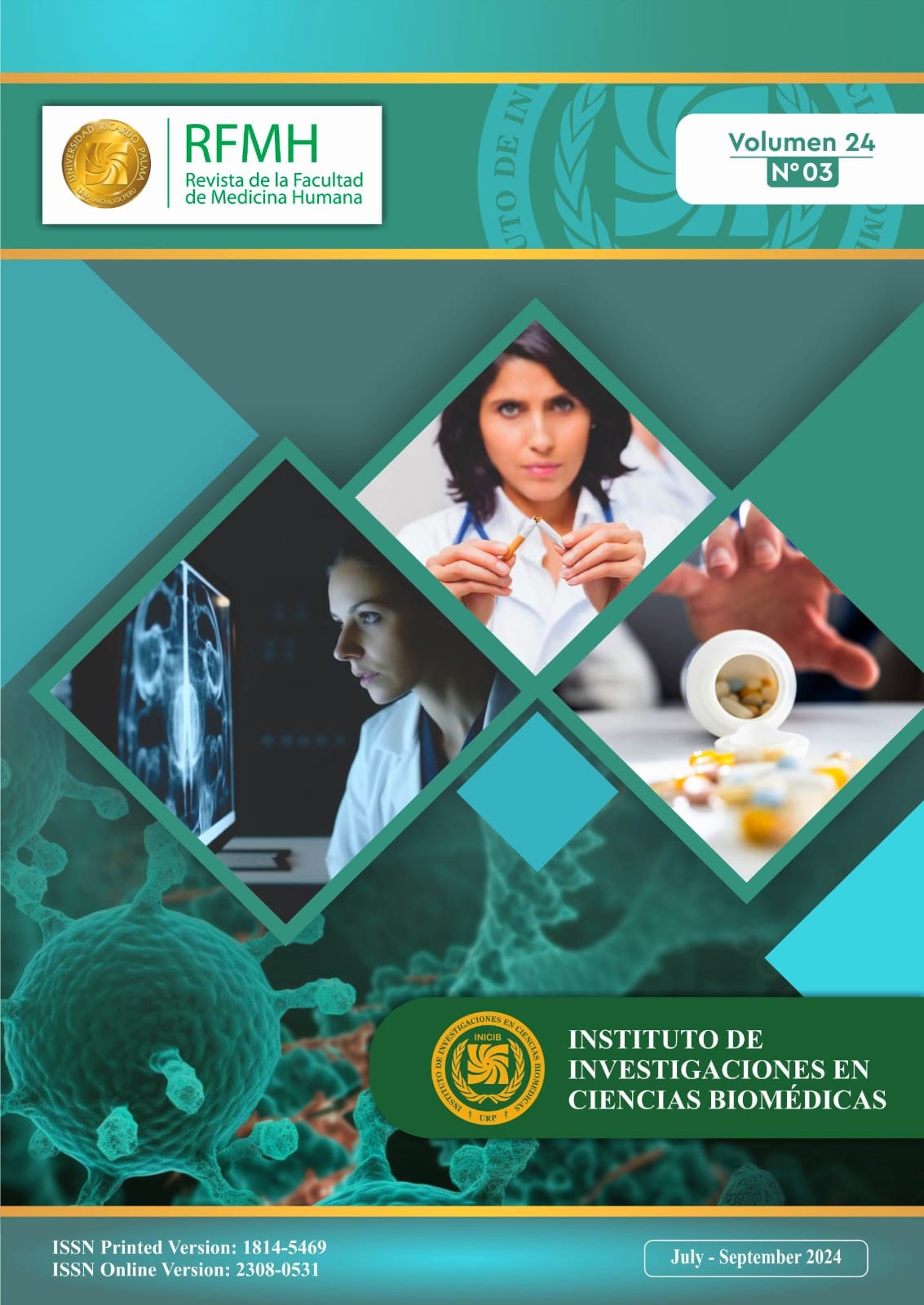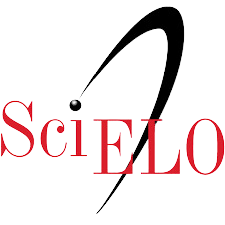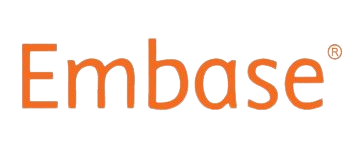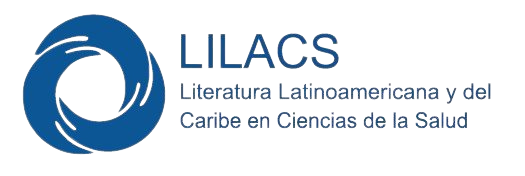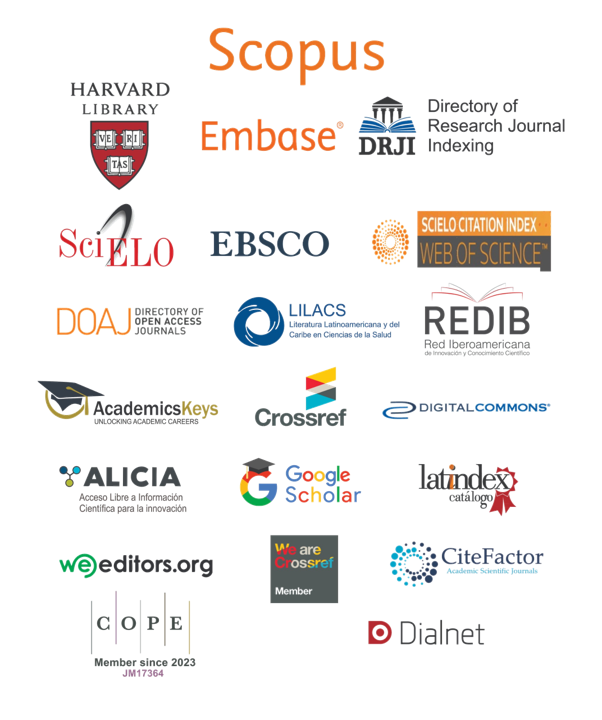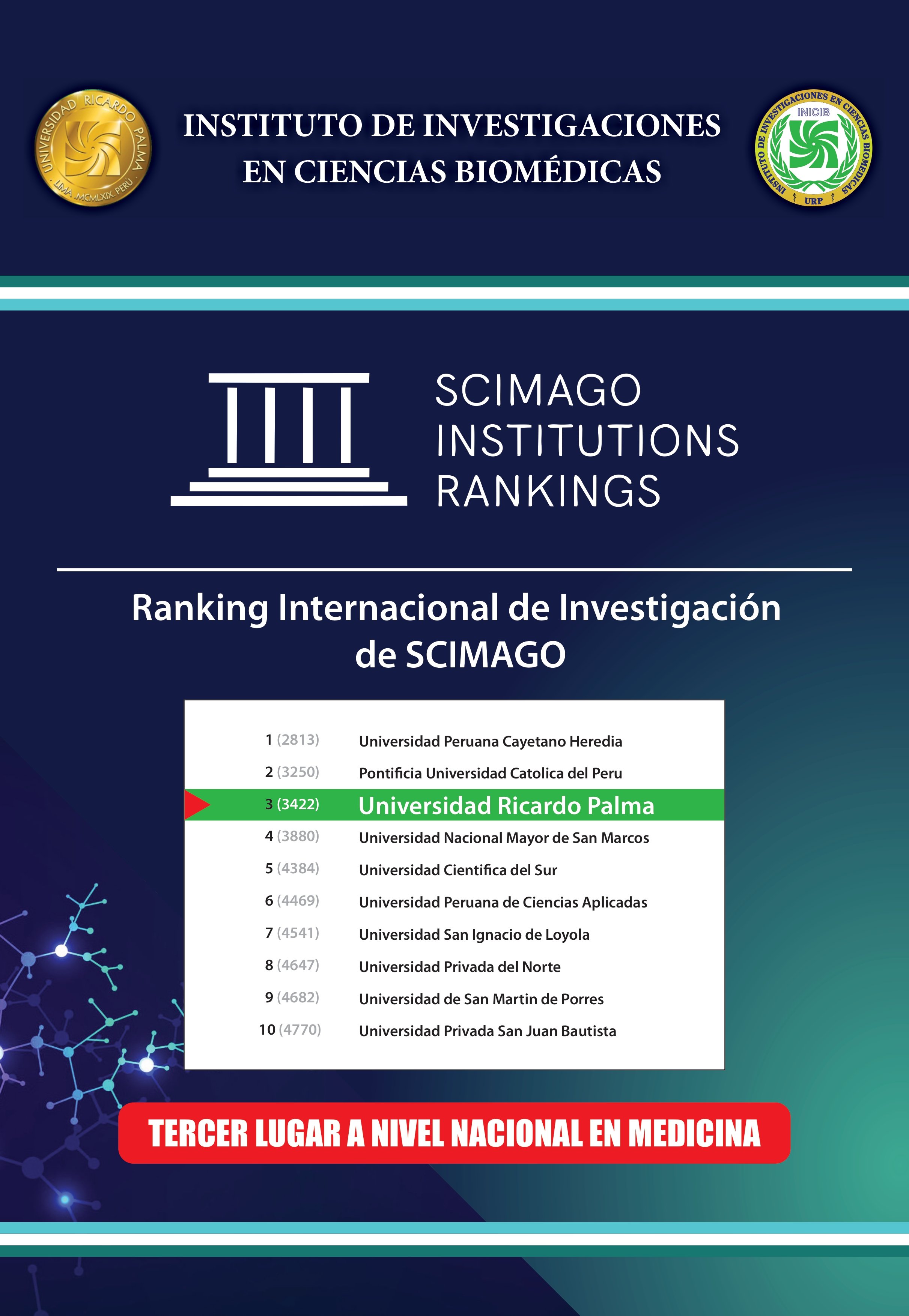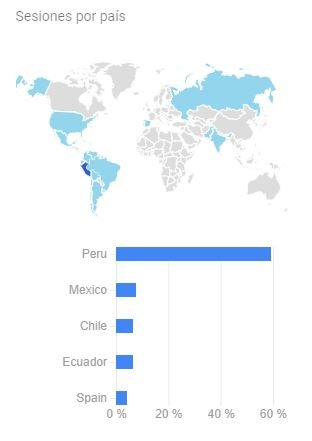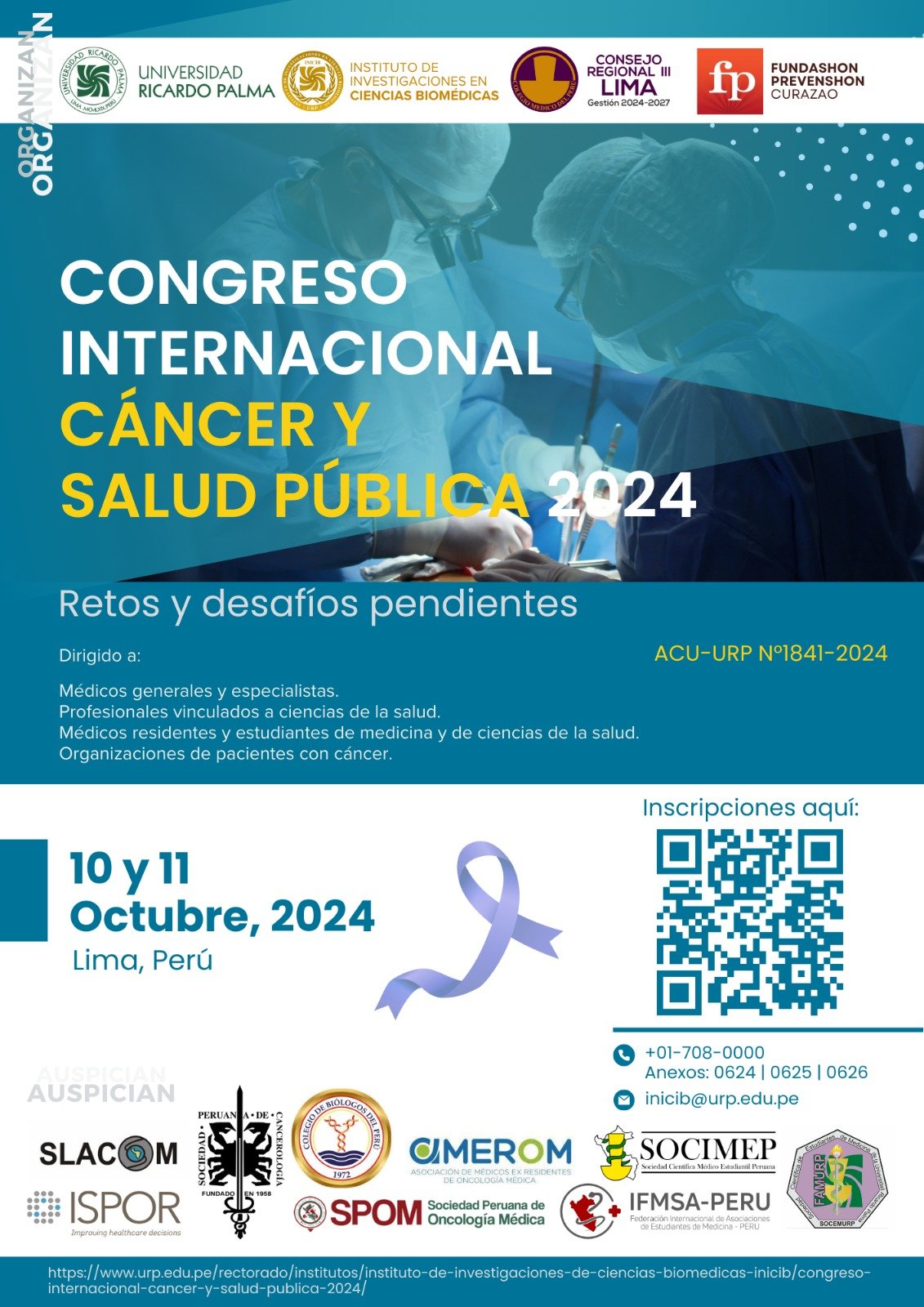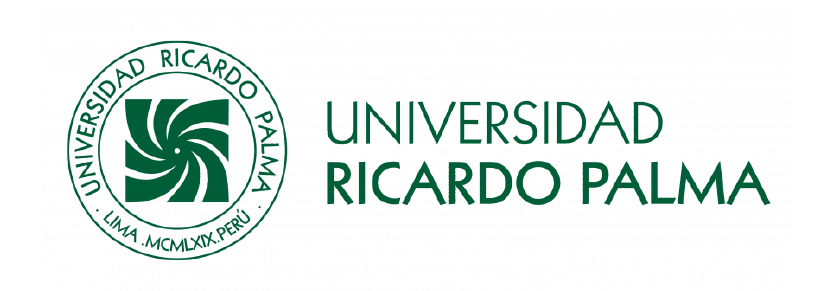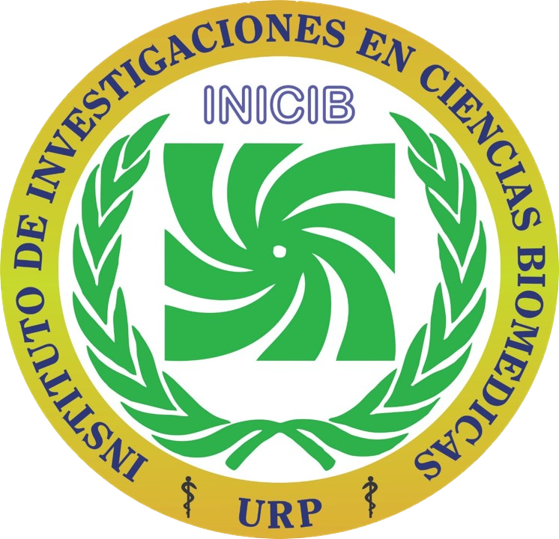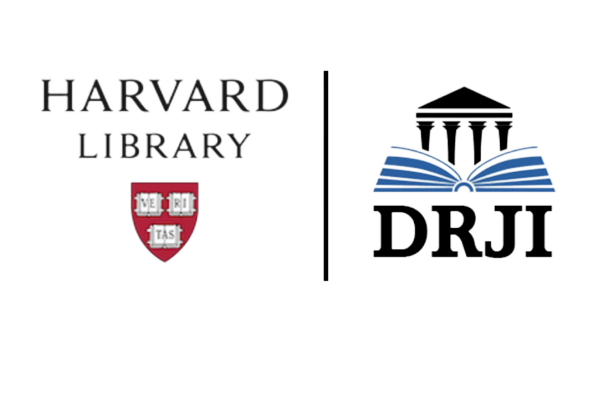Medical vocation, beyond the duty of care: a review of literature from ethical and philosophical perspectives
Vocación médica, más allá del deber de cuidar: Revisión de la literatura desde el aspecto ético y filosófico
DOI:
https://doi.org/10.25176/RFMH.v23i3.5635Keywords:
medical vocation, ethics, empathy, resilience, medical educationAbstract
This review article explores medical vocation as a phenomenon that extends beyond the mere duty of caring for patients, focusing on the significance of ethical commitment, empathy, and resilience in medical practice. The implications for medical training and clinical practice are discussed.
Downloads
References
Brody H, Doukas D. Professionalism: a framework to guide medical education. Med Educ 2014;48:980-7. https://doi.org/10.1111/medu.12520.
Cruess RL, Cruess SR. Teaching Medical Professionalism: Supporting the Development of a Professional Identity. Cambridge University Press; 2018.
Epstein RM, Hundert EM. Defining and assessing professional competence. JAMA 2002;287:226-35. https://doi.org/10.1001/jama.287.2.226.
Hojat M, Louis DZ, Markham FW, Wender R, Rabinowitz C, Gonnella JS. Physicians’ empathy and clinical outcomes for diabetic patients. Acad Med 2011;86:359-64. https://doi.org/10.1097/ACM.0b013e3182086fe1.
Ludmerer KM. Let me heal: The opportunity to preserve excellence in American medicine. Oxford University Press; 2015.
Pellegrino ED, Thomasma DC. A philosophical basis of medical practice: Toward a philosophy and ethic of the healing professions. Oxford University Press; 1981.
Beauchamp TL, Childress JF. Principles of biomedical ethics. Oxford University Press; 2013.
Cruess RL, Cruess SR, Steinert Y. Medicine as a community of practice: Implications for medical education. Acad Med 2018;93:185-91. https://doi.org/10.1097/ACM.0000000000001826.
Lo B. Resolving ethical dilemmas: A guide for clinicians. Lippincott Williams & Wilkins; 2013.
Goldie J. The formation of professional identity in medical students: considerations for educators. Med Teach 2012;34:e641-8. https://doi.org/10.3109/0142159X.2012.687476.
Eckles RE, Meslin EM, Gaffney M, Helft PR. Medical ethics education: where are we? Where should we be going? A review. Acad Med 2005;80:1143-52. https://doi.org/10.1097/00001888-200512000-00020.
Decety J, Jackson PL. The functional architecture of human empathy. Behav Cogn Neurosci Rev 2004;3:71-100. https://doi.org/10.1177/1534582304267187.
Kim SS, Kaplowitz S, Johnston MV. The effects of physician empathy on patient satisfaction and compliance. Eval Health Prof 2004;27:237-51. https://doi.org/10.1177/0163278704267037.
Rakel D, Barrett B, Zhang Z, Hoeft T, Chewning B, Marchand L, et al. Perception of empathy in the therapeutic encounter: effects on the common cold. Patient Educ Couns 2011;85:390-7. https://doi.org/10.1016/j.pec.2011.01.009.
Shanafelt TD, Boone S, Tan L, Dyrbye LN, Sotile W, Satele D, et al. Burnout and satisfaction with work-life balance among US physicians relative to the general US population. Arch Intern Med 2012;172:1377-85. https://doi.org/10.1001/archinternmed.2012.3199.
Kelm Z, Womer J, Walter JK, Feudtner C. Interventions to cultivate physician empathy: a systematic review. BMC Med Educ 2014;14:219. https://doi.org/10.1186/1472-6920-14-219.
Charon R. The patient-physician relationship. Narrative medicine: a model for empathy, reflection, profession, and trust. JAMA 2001;286:1897-902. https://doi.org/10.1001/jama.286.15.1897.
Dobkin PL, Hutchinson TA. Teaching mindfulness in medical school: where are we now and where are we going? Med Educ 2013;47:768-79. https://doi.org/10.1111/medu.12200.
Lown BA, Muncer SJ, Chadwick R. Can compassionate healthcare be measured? The Schwartz Center Compassionate Care ScaleTM. Patient Educ Couns 2015;98:1005-10. https://doi.org/10.1016/j.pec.2015.03.019.
Gleichgerrcht E, Decety J. Empathy in clinical practice: how individual dispositions, gender, and experience moderate empathic concern, burnout, and emotional distress in physicians. PLoS One 2013;8:e61526. https://doi.org/10.1371/journal.pone.0061526.
Howe A, Smajdor A, Stöckl A. Towards an understanding of resilience and its relevance to medical training: Resilience and its relevance to medical training. Med Educ 2012;46:349-56. https://doi.org/10.1111/j.1365-2923.2011.04188.x.
Epstein RM, Krasner MS. Physician resilience: what it means, why it matters, and how to promote it. Acad Med 2013;88:301-3. https://doi.org/10.1097/ACM.0b013e318280cff0.
West CP, Dyrbye LN, Erwin PJ, Shanafelt TD. Interventions to prevent and reduce physician burnout: A systematic review and meta-analysis. The Lancet 2016;388:2272-81.
Dyrbye LN, Thomas MR, Shanafelt TD. Systematic review of depression, anxiety, and other indicators of psychological distress among US and Canadian medical students. Academic Medicine 2006;81:354-73.
Shapiro SL, Astin JA, Bishop SR, Cordova M. Mindfulness-based stress reduction for health care professionals: Results from a randomized trial. Int J Stress Manag 2005;12:164-76. https://doi.org/10.1037/1072-5245.12.2.164.
Panagioti M, Panagopoulou E, Bower P, Lewith G, Kontopantelis E, Chew-Graham C, et al. Controlled interventions to reduce burnout in physicians: A systematic review and meta-analysis: A systematic review and meta-analysis. JAMA Intern Med 2017;177:195-205. https://doi.org/10.1001/jamainternmed.2016.7674.
Goleman D. Emotional intelligence: Why it can matter more than IQ. Bantam Books; 1995.
Kabat-Zinn J. Mindfulness-based interventions in context: Past, present, and future. Clin Psychol (New York) 2003;10:144-56. https://doi.org/10.1093/clipsy.bpg016.
Wallace JE, Lemaire JB, Ghali WA. Physician wellness: a missing quality indicator. Lancet 2009;374:1714-21. https://doi.org/10.1016/S0140-6736(09)61424-0.
Branch WT, Pels RJ, Hafler JP. Teaching medical students and residents how to work with difficult patients. Journal of General Internal Medicine 1997;12:715-8.
Wald HS, Borkan JM, Taylor JS, Anthony D, Reis SP. Fostering and evaluating reflective capacity in medical education: developing the REFLECT rubric for assessing reflective writing. Acad Med 2012;87:41-50. https://doi.org/10.1097/ACM.0b013e31823b55fa.
Dornan T, Hadfield J, Brown M, Boshuizen H, Scherpbier A. How can medical students learn in a self-directed way in the clinical environment? Design-based research. Med Educ 2005;39:356-64. https://doi.org/10.1111/j.1365-2929.2005.02112.x.
Shapiro J, Morrison E, Boker J. Teaching empathy to first year medical students: evaluation of an elective literature and medicine course. Educ Health (Abingdon) 2004;17:73-84. https://doi.org/10.1080/13576280310001656196.
Sinsky CA, Willard-Grace R, Schutzbank AM, Sinsky TA, Margolius D, Bodenheimer T. In search of joy in practice: a report of 23 high-functioning primary care practices. Ann Fam Med 2013;11:272-8. https://doi.org/10.1370/afm.1531.
Dewa CS, Loong D, Bonato S, Trojanowski L, Rea M. The relationship between resident burnout and safety-related and acceptability-related quality of healthcare: a systematic literature review. BMC Med Educ 2017;17:195. https://doi.org/10.1186/s12909-017-1040-y.
Lavezzoli G, Curcio G, Hawkins M, Anastasi F. A mixed methods evaluation of adult tier 2 weight management service provision across a county in Northern England. BMC Health Services Research 2017;17.
Wartman SA, Combs CD. Reimagining medical education in the age of AI. AMA J Ethics 2019;21:E146-152. https://doi.org/10.1001/amajethics.2019.146.
Frenk J, Chen L, Bhutta ZA, Cohen J, Crisp N, Evans T, et al. Health professionals for a new century: transforming education to strengthen health systems in an interdependent world. Lancet 2010;376:1923-58. https://doi.org/10.1016/S0140-6736(10)61854-5.

Downloads
Published
How to Cite
Issue
Section
License
Copyright (c) 2023 Revista de la Facultad de Medicina Humana

This work is licensed under a Creative Commons Attribution 4.0 International License.


